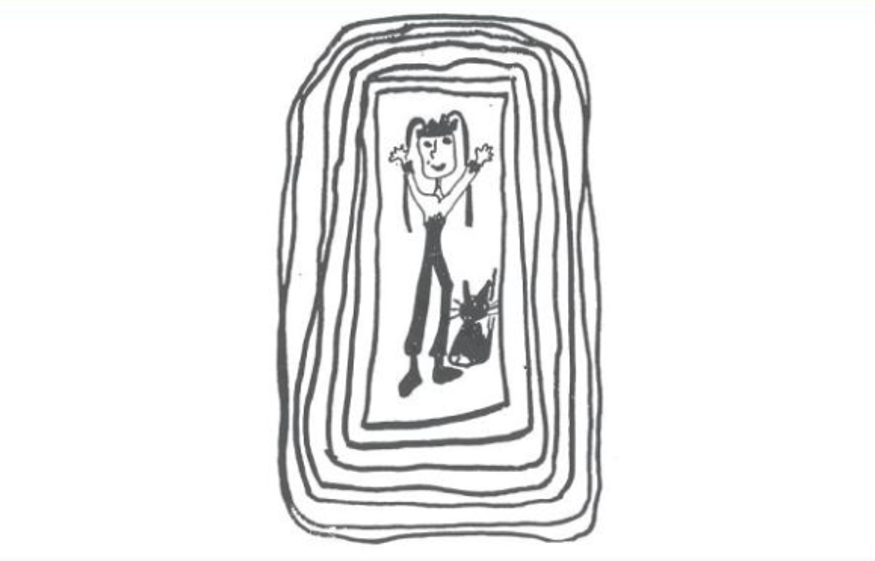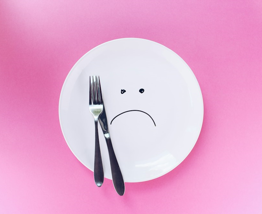Enrol in an online course today for flexible, self-paced learning—no fixed schedule required. Plus, enjoy lifetime access to course materials for convenient revisiting.
Eating Disorders in Children and Young People: Essential Insights for Therapists

The number of UK hospital admissions for eating disorders for children aged 17 and under has risen 41 per cent in a year, with 4238 in the period between April to October 2021. Clearly, all counsellors and psychotherapists need to be prepared to work with this rapidly growing and very vulnerable client population. Drawing on my many years’ experience working with children with eating difficulties – which young people often don’t describe when they come to therapy – I would suggest the following starting points:
Quickly attend to signs of eating disorders
The most efficient way to treat a young person and their family is to intervene as early as possible. So all psychotherapeutic professionals – as well as teachers, gym instructors, parents and students – need to become more aware of signs of eating disorders. These include increased pre-occupation with body shape and weight, over-exercising, counting calories and skipping meals.
Medical intervention needs to accompany psychotherapeutic understanding
Psychotherapists and counsellors need to involve a medical specialist who can help with monitoring of bloods, weight, and work out the way in which the family and/or hospital will be involved in helping the young person to eat.
Psychotherapy/counselling does not work fast enough for the bodily needs of a starving child who can die, not of anorexia nervosa, but of lack of potassium causing a heart attack, or other breakdowns of bodily organ functioning. Sometimes it is NOT the young person’s low body weight that is significant, for instead it could be the extreme starvation and rapid weight loss that signals the onset of debilitating anorexia nervosa.
Understanding the trigger in experiences of loss
It is an experience of loss that triggers the anorectic symptoms in young people. This could be the loss of a close one such as a death of a relative, the break-up of the first love, the loss of the parents’ understanding (perhaps because they’re involved in conflictual separation or divorce), the loss of someone to whom to turn, such as the older parentified sibling who has left the family home, or the loss of a mentalising self.
In therapy, the anorectic patient often initially says:
- I don’t want to think about my feelings.
- I don’t know anything about my feelings.
- I don’t have dreams.
- I don’t want to be with people.
- I don’t want food.
The young person is encased in the omnipotent destructive control of anorexia nervosa, shutting themselves to getting involved in an intimate, understanding relationship with their own feelings, with their parents, with the therapist.
Understanding the link to early experiences of caregiving
Insights from infant observation can help us here. Closing the mouth to food is the first sign of potency in an infant when the infant is in an unattuned relationship with the caregiver, usually the mother. In the presence of projections of the caregiver’s disturbed state of mind, the child shuts their mind and mouth to the caregiver. When the child feels overwhelmed by too many sensations and hostile emotions the nipple or teat turns into a bad persecutory object.
Likewise, in a nine to 18-year-old prepubertal or adolescent boy or girl, closing the mouth and mind to experiencing overwhelming noxious and hostile feelings occurs to protect the self from becoming overwhelmed. Therefore we can assume that anorexia nervosa is a mask concealing trauma, conflict and the loss of a containing relationship to ‘the other’ and to ‘the self’. Anorexia nervosa involves the use of omnipotent control when there is a profound loss of security derived from an intimate relationship with containing good internalised parents.
Anorexia nervosa and bulimia nervosa also involve harming the parents’ child
and are therefore also filled with hostility to the parents, who are designated as the people who should provide an emotionally supportive and understanding nurturing relationship.
Family therapists can use James Lock’s treatment manual for family intervention to help the young person to restore their weight loss. In many circumstances the addiction to starving which is part of anorexia nervosa can be eliminated though Lock’s family interventions.
But I ask you, is the anorectic young person healed because their weight is restored?
Understanding what needs healing
Inside the anorectic young person is a very hard and cruel voice, which is directed against the self. This voice says, “You are fat, you are ugly, you are greedy and unloveable, you shouldn’t eat, you shouldn’t have any pleasure”. Sadly, this voice against the self sometimes can be perceived as an ever-present friendly voice offering companionship and protection against overwhelming anxieties and fragmentation of the self. Refusing food is refusing mother, is refusing life.
We need to understand how to work with the kaleidoscope of voices within the anorectic young person: there is the healthy self, the omnipotent destructive self and the vulnerable self. All need addressing within the security of a reliable therapeutic framework for work with the young person and their parents.

















